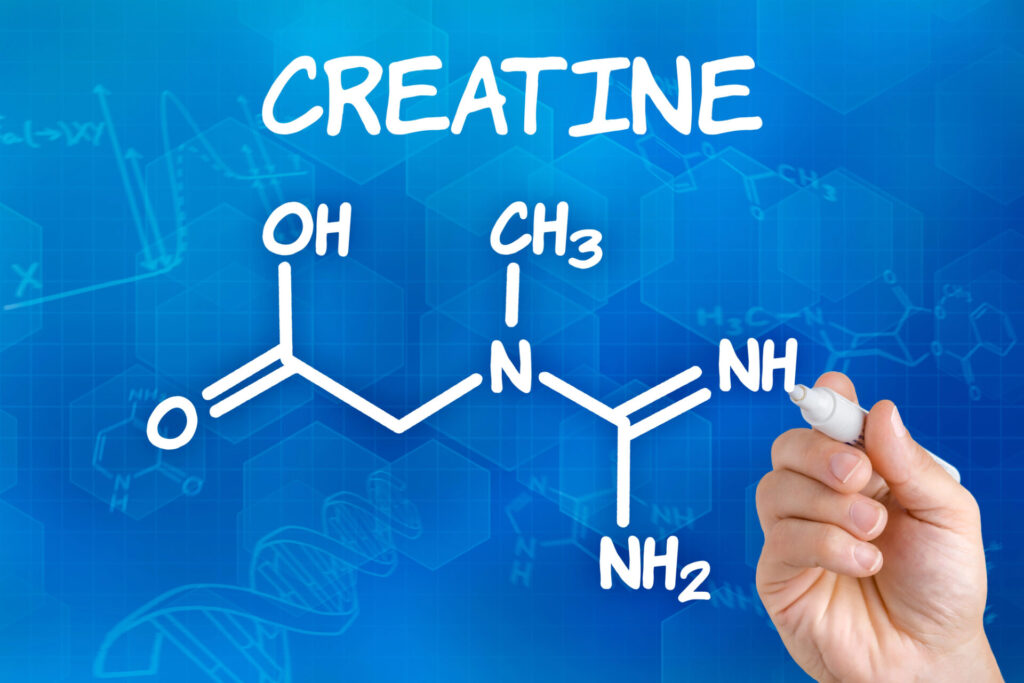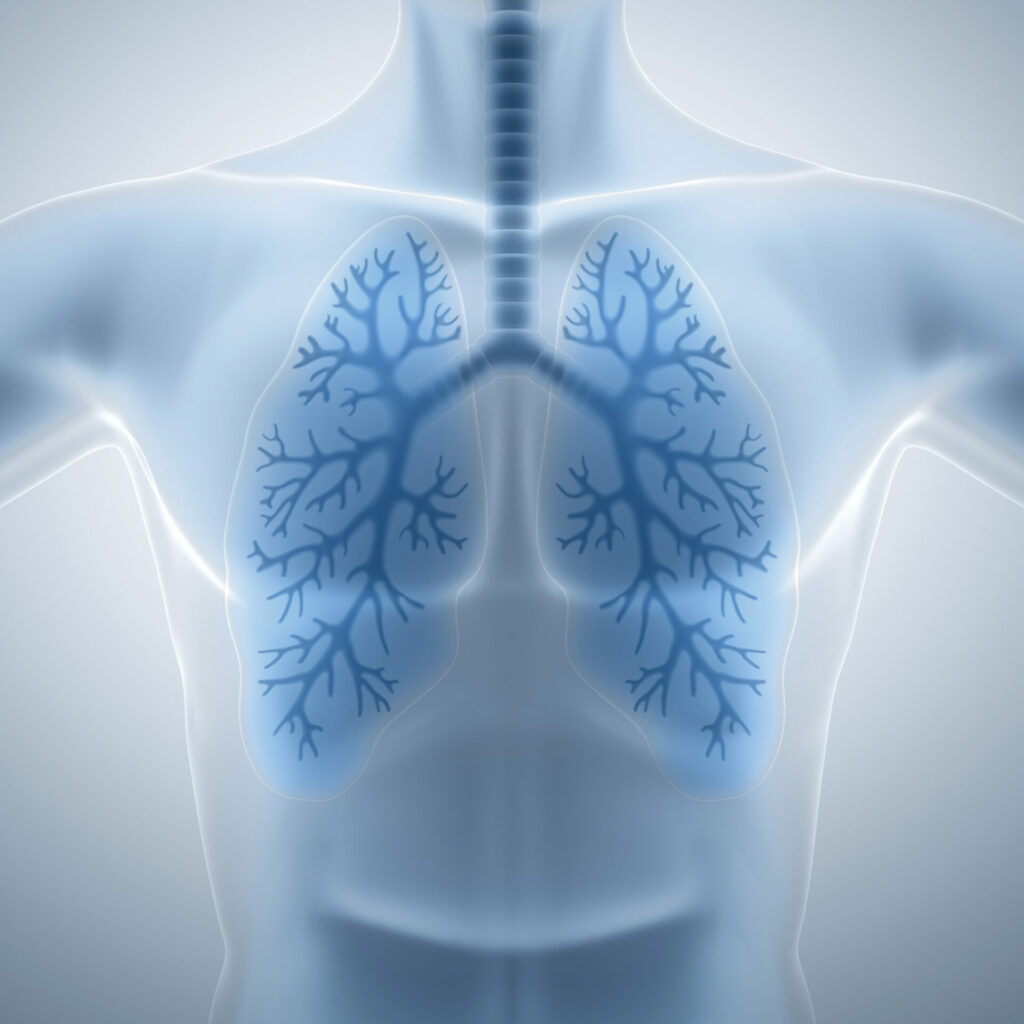For more than a decade, Midge Murphy, JD, PhD (Energy Medicine) has been a tireless advocate for bringing ethics, legal issues, and risk management strategies into energy-based practices and in the training of alternative healing arts practitioners.
Her groundbreaking book, Practice Energy Healing in Integrity: The Joy of Offering Your Gifts Legally & Ethically (2015-2020), along with the accompanying exam and certificate, is considered the gold standard in ethics, legal issues, and risk management strategies in the practice of intuitive and energy healing methods.
Murphy is the first attorney to receive her PhD in energy medicine and as an energy healing practitioner herself, she understands both the law and the alternative healing arts. This allows her to lend her expertise as a bridge between the two worlds and to provide a well-balanced and needed perspective as the use of complementary and alternative methods by the public continues to grow.
“Whether an intuitive practitioner, such as a medical intuitive, or an energy healing practitioner, such as a Reiki master, has a stand-alone practice or is working as a team member in an integrative practice, they must understand all of the legal risks,” Murphy states. She points out that licensed health care providers, that incorporate intuitive or energy healing methods into their practices, can be subject to professional discipline from their licensing boards for practicing below the standards of care or outside their legally defined scope of practice. Non-licensed practitioners who may hold a certification in their energy-based modality, must be careful not to be perceived as practicing medicine or another licensed health care practice without a license. Consequently, both licensed and non-licensed practitioners must operate within the current legal and regulatory framework that governs helping professionals.
Murphy’s orientation of ethics includes foundational ethical standards such as being client-centered, maintaining the fiduciary relationship and client confidentiality, developing a professional environment for structure and safety, obtaining informed consent, disclosing risks and benefits, and only practicing within your legally defined scope of practice.
However, it also includes recognizing the sacred or special relationship between practitioner and client. “When we frame our relationship with our clients as a sacred contract, we lay the foundation for ethical behavior. By incorporating the sacred into our practice, we embrace the expanded definition of ethics to include reverence for all life, which underlies all healing systems,” Murphy says. Because energy-based practices access deeper levels of consciousness, she advises that practitioners should be mindful of their sacred contract with their clients and take care not to blur ethical lines. “We have a primary responsibility to not only being committed to ethical behavior but also to working with clients within the field of the heart and creating multi-levels of awareness with them,” she says.
This responsibility extends to what is said, and how it is communicated. “The actual words the practitioner chooses is very important, not only for legal reasons, but also to become aware of the power differential between the practitioner and the client,” Murphy says. This differential refers to a practitioner’s knowledge and expertise, which inherently puts the client into the more vulnerable position. But the dynamic can be amplified when using energy-based practices. She explains that an ethical practitioner should be careful to not project their own beliefs or biases, but to, “Offer a client the opportunity to further his or her own choices about healthcare.”
She emphasizes that an energy-based practitioner’s commitment and obligation to their own personal and professional development is imperative. “One of the most ethical principles a practitioner can have is to continue their own personal growth and self-healing, and to reach out to those resources that could help them. To me, that is the behavior and demeanor that is conducive to being an ethical practitioner.”
About Midge Murphy, JD, PhD (Energy Medicine):
As first attorney to receive her PhD in energy medicine from Holos University, Midge Murphy has a deep understanding of both the law and alternative healing arts. For over 15 years, Midge has been providing consulting services to many clients in ethics, legal issues, and risk management strategies in the practice of and training in energy healing methods. She is recognized as a dynamic presenter, teacher, and leading expert in the field. In 2015 Midge published her groundbreaking book Practice Energy Healing in Integrity; the Joy of Offering Your Gifts Legally & Ethically. She also developed an Exam based on the book, providing practitioners with the opportunity to earn a Certificate of Completion in ethics, legal issues, and risk management strategies for energy healing practitioners. Since first published, her book and related Exam have been recognized as the gold standard for the practice of energy healing methods. For more information, visit https://www.midgemurphy.com
AUTHOR BIO:
Wendie Colter, MCWC, CMIP, is a Certified Medical Intuitive, Master Certified Wellness Coach, and founder/CEO of The Practical Path®, Inc. Her accredited certification program, Medical Intuitive Training™, has been pivotal in helping wellness professionals develop and optimize their inherent intuition. She is an invited speaker and educational presenter at prominent integrative health and education organizations, and serves on the Bioenergy & Health Committee of the Integrative Health Policy Consortium (IHPC), Washington, DC, and as President/Chair of the National Organization for Medical Intuition (NOMI). Wendie’s trailblazing research on medical intuition is published in the peer-reviewed Journal of Alternative and Complementary Medicine. She is the author of the groundbreaking book, Essentials of Medical Intuition: A Visionary Path to Wellness (Watkins Publishing/Penguin-Random House). For more information, visit www.thepracticalpath.com





